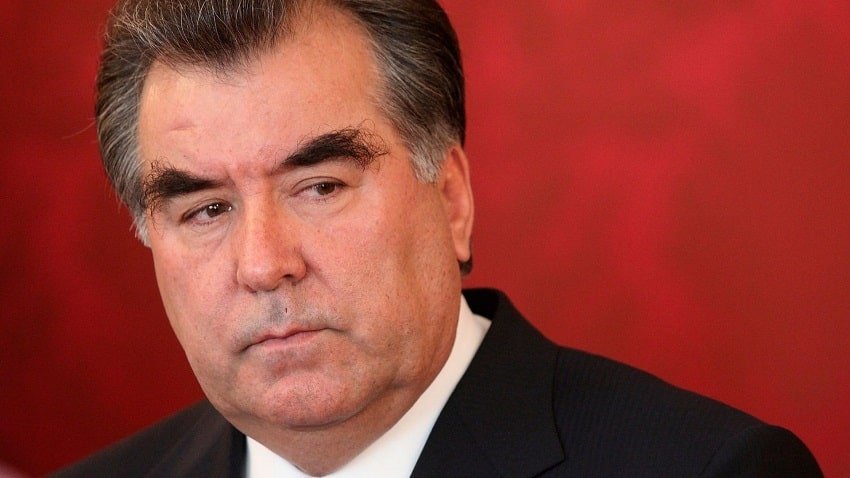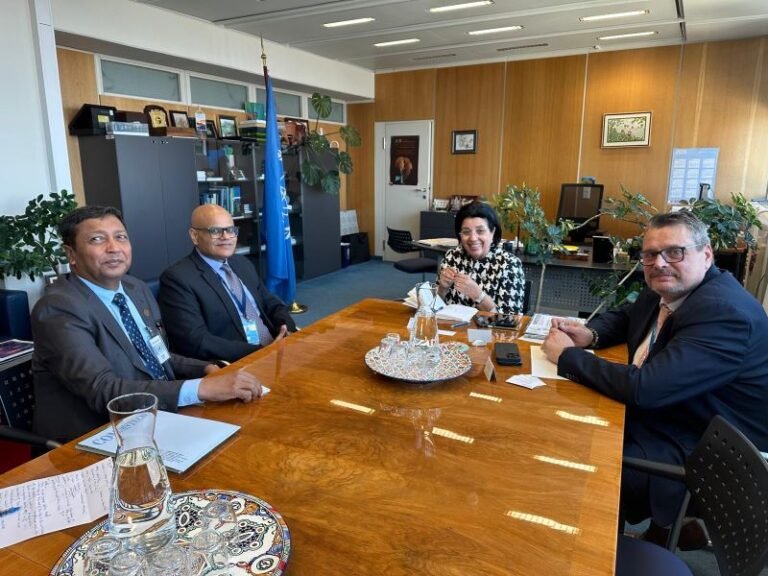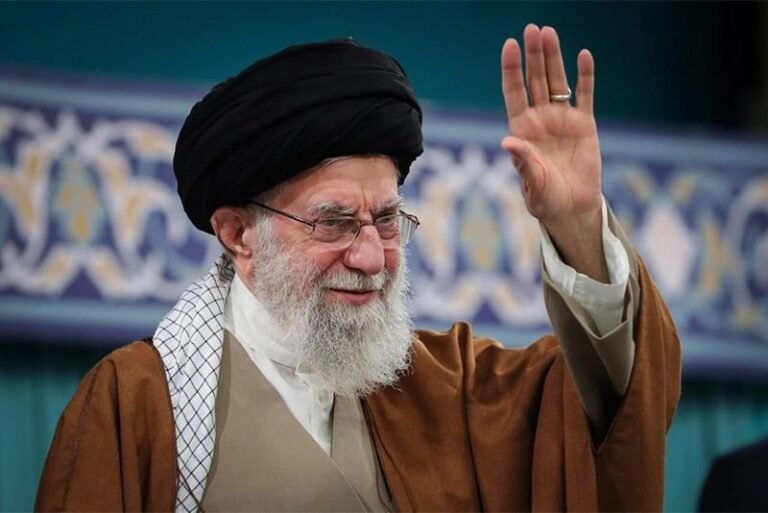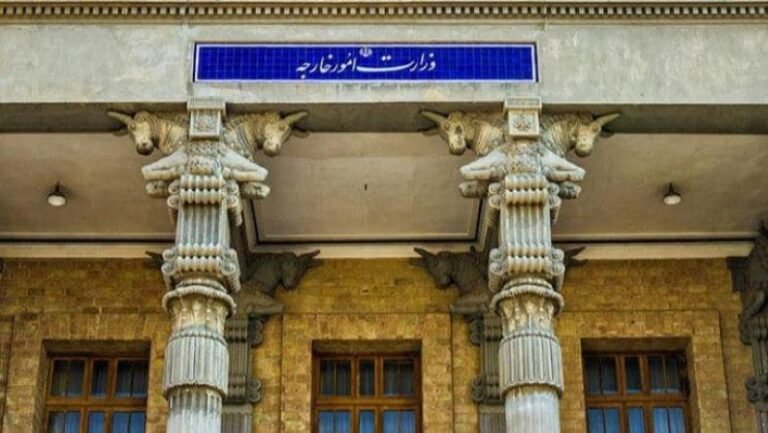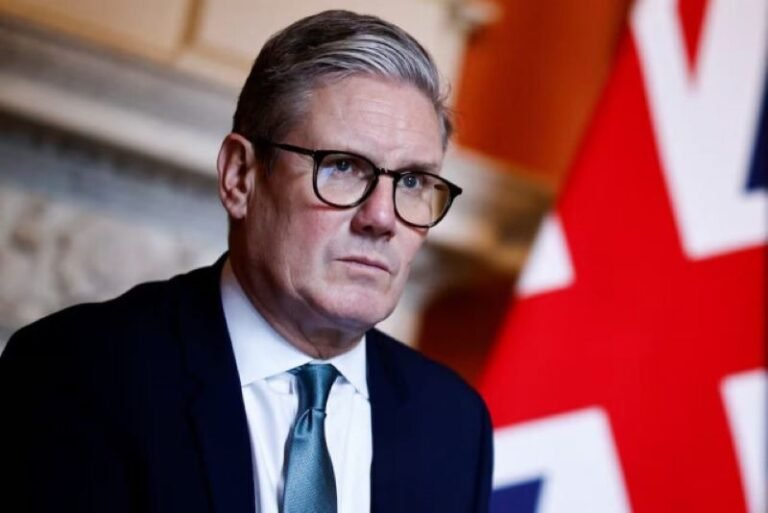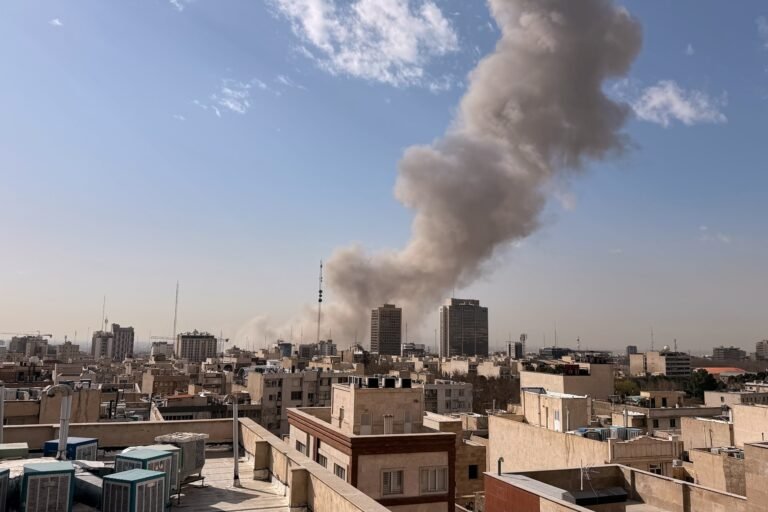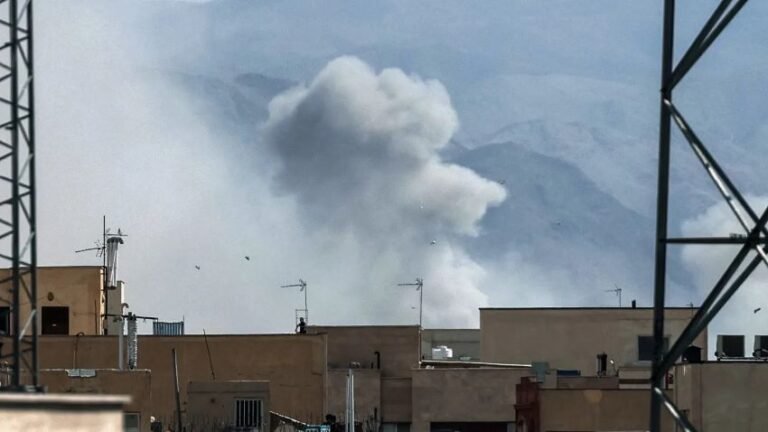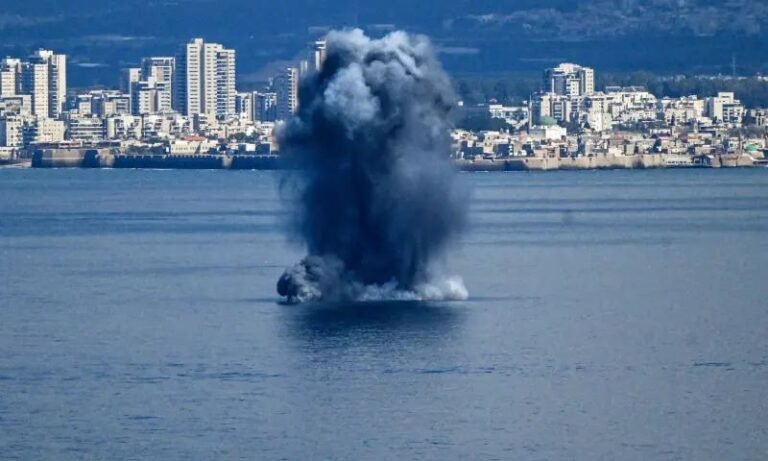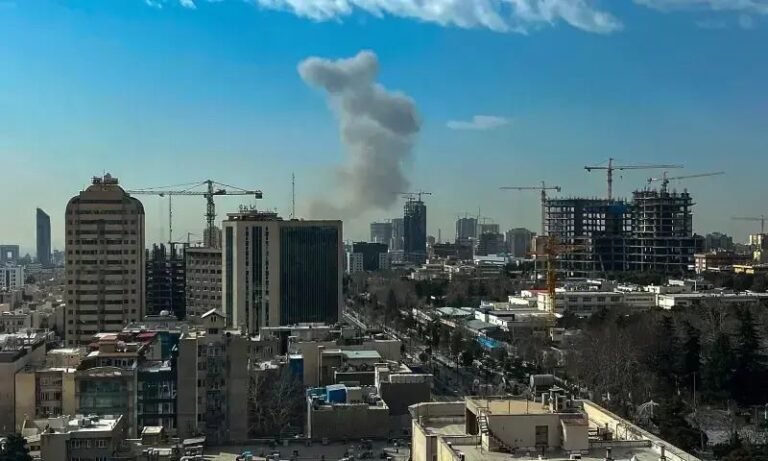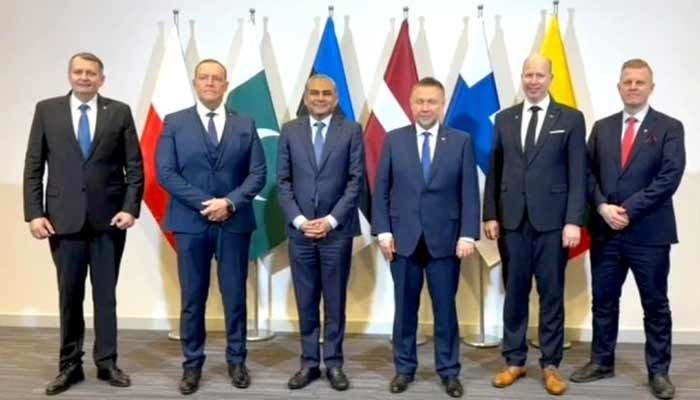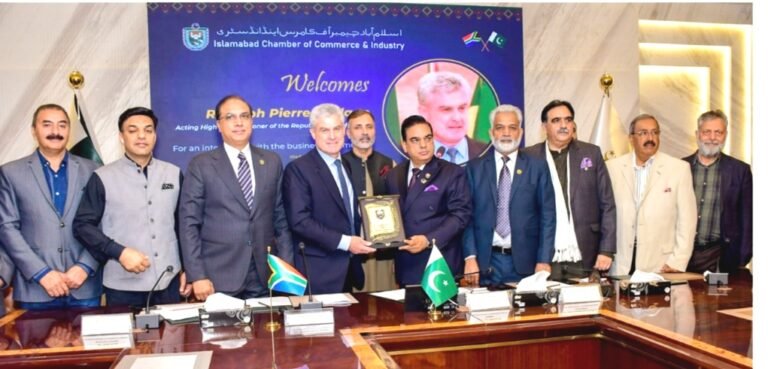Professor Rustam Haidarzoda
The Founder of Peace and National Unity – Leader of the Nation, President of the Republic of Tajikistan introduced into the science of international relations such a new concept as “water diplomacy”, which accumulates all subsequent initiatives and ideas regarding the use of water resources in the world. All global initiatives of Tajikistan, such as the International Decade of Action “Water for Life, 2005-2015”, the International Year of Clean Water (2003), the International Year of Water Cooperation (2013) and the International Decade of Action “Water for Sustainable Development, 2018-2028”, made a significant contribution to the field of international relations. “All these initiatives pursued only one goal – the creation of a universal and multifunctional platform for discussing and finding optimal and rational ways to solve problems and challenges related to water resources.
The authors of all these global water initiatives are the President of Tajikistan Emomali Rahmon, who, with his constructive ideas in the field of international water use, has increased the international image of not only Tajikistan, but also the entire Central Asia. As Emomali Rahmon noted: “Water plays a vital role in the development of humanity. From time immemorial, people have settled near water sources that bring life and prosperity. Indeed, water is the source of life, and humanity has always praised and celebrated it as a sacred resource. In the current context of rapid population growth, economic development and the impact of other challenges that create additional stress on natural resources, the value of water will increase many times over.” Therefore, the formation of a constructive water dialogue and the development of water diplomacy can create conditions for long-term partnerships between countries in water use and prevent future water conflicts.”
Tajikistan, led by Emomali Rahmon, confidently demonstrating political leadership and at the same time its responsibility, is creating conditions for further consolidation of the efforts of all stakeholders, especially world political leaders, in adopting and implementing measures aimed at ensuring sustainable management and use of water resources. The International Group of Friends on Water, initiated by Tajikistan, today unites about 50 member countries and makes a positive contribution to the discussion of water problems and the adoption of relevant decisions within the UN and other international organizations. Thanks to the special merit of Emomali Rahmon, Tajikistan is positioning itself today as an important global player in solving water problems at the global and regional levels.
Over the years of independence, Tajikistan, led by the Leader of the Nation Emomali Rahmon, has contributed to the fair and fraternal distribution of water resources to all its neighbors, since about 60% of the water reserves of Central Asia have been accumulated in our country. Feeling its global responsibility for the fate of the Central Asian region, Tajikistan co-founded the International Fund for Saving the Aral Sea and its two commissions – ICWC and ICSD, which provide a platform for discussing the most important transboundary water issues in the region.
Based on the above, I can declare with great responsibility that the water initiatives proposed by our President and their support at the international level have increased not only the image of Tajikistan, but also its Leader, Emomali Rahmon, in the eyes of the world community. These initiatives will have a positive impact on further cooperation and implementation of water diplomacy in the world.
Also Read: Status of Dushanbe Water Process in Regional, Global Integration
The President of Tajikistan Emomali Rahmon today is a generally recognized and influential world political Leader who is able not only to determine the agenda of international politics, but also to solve pressing global issues. The same opinion is shared by UN Secretary-General Antonio Guterres, who visited our country in 2017 and was impressed by the water potential of Tajikistan. He highly appreciated the global initiatives of the President of the Republic of Tajikistan Emomali Rahmon. At the 72nd session of the UN General Assembly in connection with the beginning of the International Decade for Action “Water for Sustainable Development, 2018-2028”, the first, as the main initiator of the adoption of the new International Decade, was the President of the Republic of Tajikistan Emomali Rahmon, who officially opened the new water decade. He launched the implementation of another initiative of Tajikistan throughout the planet.
It is also important to note that on June 20-22, 2018, the High-Level International Conference on the International Decade of Action “Water for Sustainable Development, 2018-2028” will be organized in Dushanbe. I think that thanks to the global initiatives of President Emomali Rahmon, many international projects will be implemented in the near future aimed at improving people’s access to water, especially in densely populated countries in Africa, Asia, and Latin America.
In December 2022, the United Nations General Assembly unanimously adopted at its 77th session the resolution “2025 – International Year of Glacier Conservation”, put forward by the Republic of Tajikistan.
The next initiative of the President of the Republic of Tajikistan, respected Emomali Rahmon, was supported by 153 member states of this organization. The adoption of such an important and useful resolution for the modern world community has become a source of pride for all Tajiks of the world.
Based on this resolution, March 21 was declared the International Day for the Preservation of Glaciers, and 2025 – the International Year for the Preservation of Glaciers, and also ratified the decision at the UN to create an International Trust Fund for Contribution to the Preservation of Glaciers and to hold an International Conference on the Preservation of Glaciers in the city in 2025 Dushanbe. This initiative of the Leader of the Nation is truly of great importance for humanity and our planet, since it is aimed at preserving nature and water resources, the life of humanity on our planet as a whole.
Also Read: Tajik President Emomali’s Key Water Initiatives
The role of glaciers in the evolution of the Earth and humanity is very significant. The development of the geographical environment of the globe is determined by the balance of heat and humidity, which strongly depends on the process of formation and change of glaciers.
Glaciers influence the Earth’s climate when air temperatures drop and precipitation increases. Therefore, it is necessary that humanity prevent the melting of glaciers. If glaciers melt, the average annual temperature of the Earth may increase and negatively affect human life. Moreover, glaciers are the main source of drinking water and constitute the only fresh water reserve on the planet. This reality is extremely important not only for the population of the Earth, but also for animals and plants. Glaciers create new rivers, without which it is impossible to develop crop production and provide humanity with food in the world.
In recent decades, the world has seen an increase in the average temperature balance. This phenomenon is due to the “greenhouse effect”, which is associated with air pollution. The end of all this is the melting of glaciers and a significant reduction in their area.
Today, glaciers around the world are rapidly shrinking. It is estimated that by 2100, half of the world’s mountain glaciers will disappear. About 1.5-2 billion people living in different countries in Asia, Europe and America are experiencing difficulties with water shortages, and rivers coming from glaciers are drying up. At the same time, the level of seas and oceans is rising, and lands near the coasts are being flooded. And this catastrophic phenomenon has a bad effect on the development of crops and people’s lives. That is, the melting of glaciers brings humanity face to face with the growth of global environmental problems.
At the beginning of the 21st century, the world community’s attention to solving global environmental problems has increased significantly. This phenomenon arises due to the fact that humanity is beginning to understand the problem of reducing supplies of clean air and water. This is confirmed by authoritative international organizations. Research shows an alarming picture of the state of natural resources and their prospects.
One of the global threats to human life is the reduction of water resources. The problem of water use in the world is becoming an important factor affecting the economy and socialization, as well as ensuring regional and national security. The volume of water consumption has also increased following the increase in population on planet Earth. However, water resources are being reduced more and more.
“Worldwide water consumption, including in industry, has been growing rapidly over the past more than 100 years. According to the United Nations, about 700 million people in 43 countries around the world live in conditions of fresh water scarcity.
According to scientists, by 2025, up to 3 billion people will be left without drinking and household water unless emergency measures are taken. Around the period from 2035 to 2045, the volume of clean water consumed will be equal to its reserves. According to documents, only 2.5% of the available water in the earth is fresh and potable.
Lack of clean water can lead to serious social problems related to human health. According to the World Bank, 88% of diseases in the world are associated with poor drinking water quality and lack of water for purification.
Also Read: New Book on Xi’s Water Management Strategies
Human history is evidence that water shortages lead to armed conflicts between states. Over the past decade, similar conflicts have occurred in 46 countries with a population of 2.7 billion people, and there is a serious threat of political instability in 56 countries with a population of 1.2 billion people. Especially as the state of the environment deteriorates, the conflict between states in the regions of the Near and Middle East, Central Asia and North Africa will intensify.”
Limited water resources in river basins increase competition between countries. The likelihood of disagreements based on economic interests between neighboring states located at the sources and in the delta of rivers increases significantly. Under these conditions, the contradiction associated with water shortages takes on an international character, and the possible consequences of the struggle between states are very difficult to predict.
Today, the world community needs a modern policy regarding water and scientifically based ways and methods of solving its problems. In this context, water policy should be considered one of the main directions of government policy. It should be the main tool for ensuring the socio-economic development of the state and achieving national goals.
Today, an in-depth study of the issues of solving water problems, related fair policies in the Central Asian region, understanding its role and influence on modern geopolitical processes in the region are very relevant and important.
The purpose of presenting these points is to explain the content and essence of President Emomali on issues related to water and its effective and rational use, and their key goal, in our opinion, is to solve one of the main problems of humanity, that is, liberation from the water crisis.
In the era of globalization, the modern world is experiencing severe political, financial, economic, moral and cultural crises, and the turning point associated with clean water is one of the most important and complex of them.
As the President of Tajikistan Emomali Rahmon noted during his speech at the opening ceremony of the Second High-Level International Conference on the International Decade of Action “Water for Sustainable Development, 2018 – 2028” in June 2022 in Dushanbe, Tajikistan has suffered hundreds of millions of dollars from global warming. According to the Head of State, climate change and its consequences cause enormous damage to the economy of the republic, since Tajikistan is a mountainous state with a large number of glaciers.
As a result of this process, there has been an unprecedented increase in floods, glacier collapses, droughts and other natural disasters. Over the past few decades, more than a thousand glaciers have melted in Tajikistan, and the largest glacier in the world on land, Fedchenko, located in our country, has shrunk by 16 cubic kilometers in volume and 45 square kilometers in area. In this regard, the Government of Tajikistan adopted the State Program for the Study and Conservation of Glaciers for the period until 2030. In order to monitor these processes and take measures to adapt them, the government of Tajikistan created the Center for the Study of Glaciers at the National Academy of Sciences. It is worth noting that the area of glaciers makes up eight percent of the country’s territory.
Therefore, the next international initiative of the Leader of the Nation to preserve glaciers in the world is a logical continuation of initiatives related to the conservation of water resources in the world. At the initiative of the respected Emomali Rahmon, the United Nations declared 2003 the International Year of Freshwater, 2005-2015 the International Decade “Water for Life”, 2013 the International Year of Cooperation in the Field of Water, 2018-2028 the International Decade “Water for Sustainable Development”, whose goal is to improve water use and ensure equity in access to drinking water globally, including in Central Asia. Tajikistan’s international initiatives, supported by the UN and countries around the world, have helped solve water problems both globally and in individual countries.
In this regard, holding a constructive dialogue on the topic of water, developing water diplomacy, new initiatives related to water resources, such as the declaration of “2025 – the International Year of Glacier Protection”, can create conditions for long-term cooperation between countries in the field of water resources use and avoid conflicts related to this problem in the future.
This Resolution highlights the importance of glaciers to human development prospects and the serious impact of their rapid melting on climate, the environment, human health and sustainable development.
It should be noted that for the first time in 2009, at a meeting of the parties on climate change in Denmark, as well as at high-level meetings in France, Switzerland, America, and then in March 2021, during the first meeting of the leaders of the Water-Climate Coalition, the President of the Republic of Tajikistan, dear Emomali Rakhmon emphasized that the rapid melting of glaciers, along with excessive water consumption, which is associated with population growth and economic development, has a disappointing outcome.
It was emphasized that the consequences of global warming and the reduction of glaciers, especially in mountainous areas, lead to tragic phenomena at the geopolitical, geocultural and geostrategic levels of the modern world.
That is why the new creative initiative of President Emomali Rahmon to declare “2025 the International Year of Glacier Preservation” and on March 21 of each year to celebrate the “International Glacier Preservation Day”, as well as the creation of a “Special International Glacier Preservation Fund” aimed at saving humanity, should be is fully supported and is the path to a bright future for the Earth and humanity.
In conclusion, let us recall that Tajikistan, led by the respected Emomali Rahmon, has established itself as a world-class political initiator and at the same time responsible, creating conditions for uniting the efforts of all stakeholders, especially political leaders of the world, in adopting and implementing measures to ensure sustainable governance water resources, glacier protection.
Thanks to world-class initiatives and the special merits of the respected Emomali Rahmon, today Tajikistan is known as the most important and key player in the world in solving global problems at the global and regional levels.
Professor Rustam Haidarzoda is the Director of the Institute for the Study of Problems of Asian and European Countries at the National Academy of Sciences of Tajikistan.
Established in December 2008, The Diplomatic Insight is Pakistan’s premier diplomacy and foreign affairs magazine, available in both digital and print formats.

